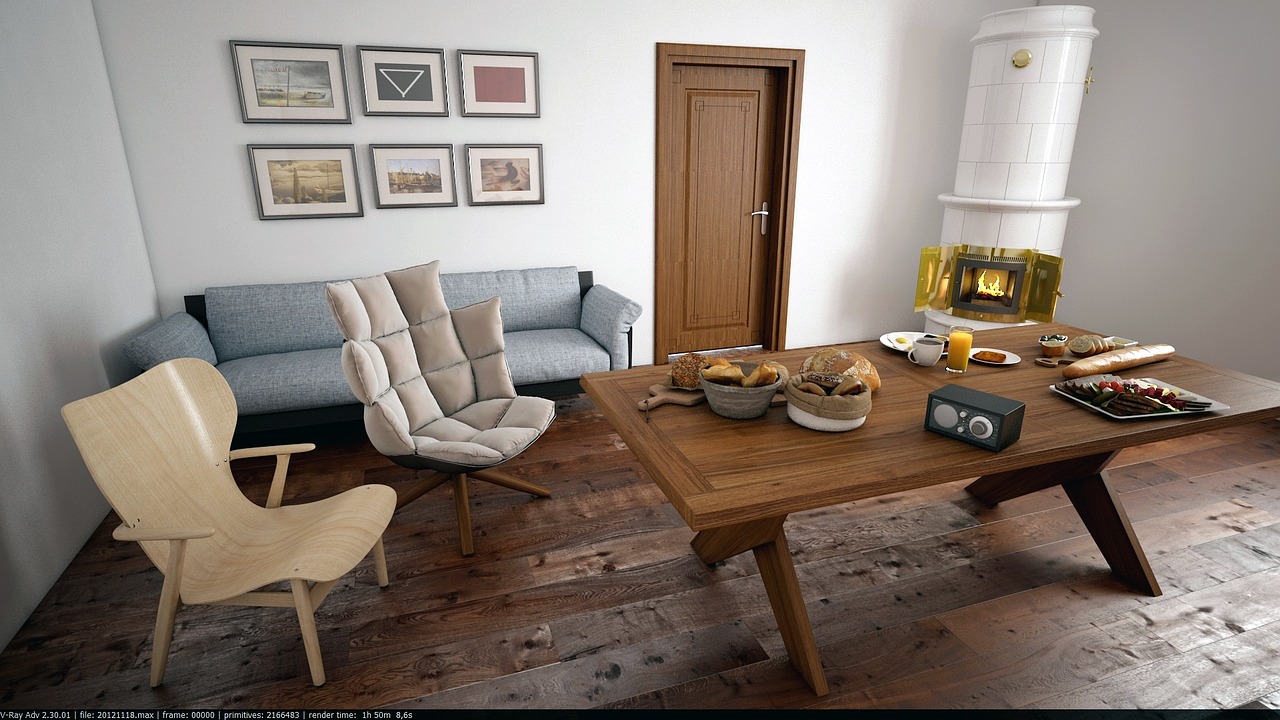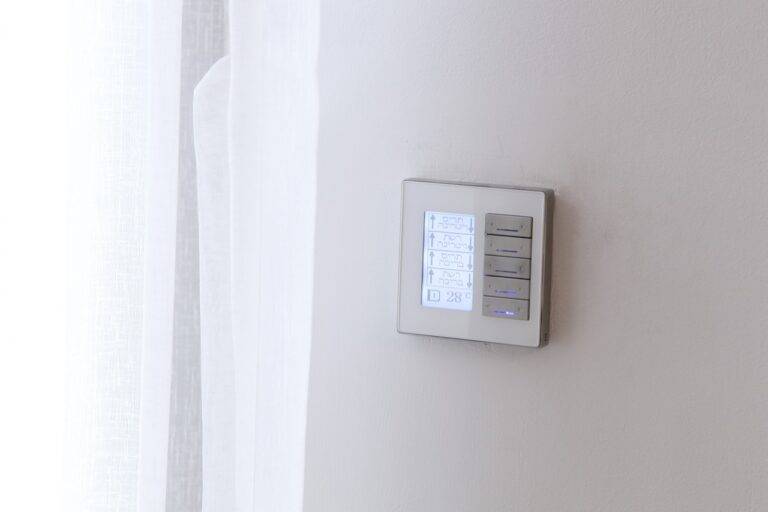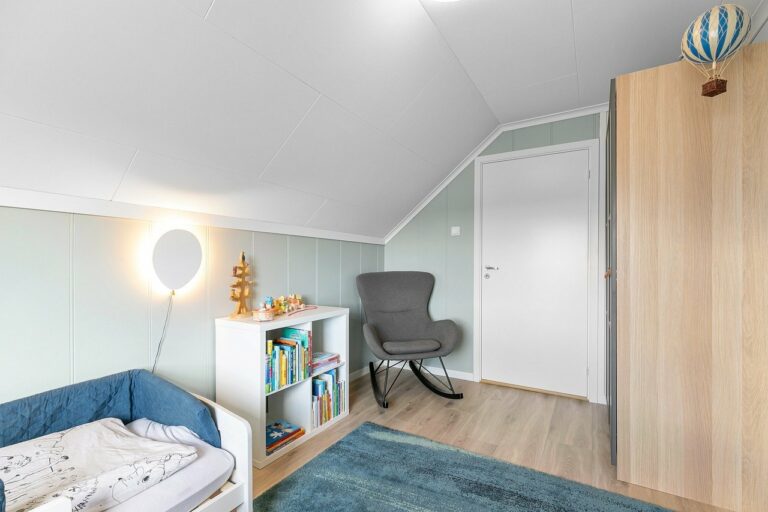How to Choose Between Natural and Mechanical Ventilation: 11xplay com, Laser247, Skylivecasino signup
11xplay com, laser247, Skylivecasino Signup: Choosing between natural and mechanical ventilation is a crucial decision when it comes to ensuring proper air circulation and quality in your home or building. Both options have their own set of advantages and disadvantages, so it’s important to weigh the pros and cons before making a decision. In this article, we’ll discuss how to choose between natural and mechanical ventilation, and which option might be best for your specific needs.
Benefits of Natural Ventilation:
– Cost-effective: Natural ventilation relies on the use of windows, doors, and vents to allow fresh air into a space, which can help reduce energy costs associated with mechanical systems.
– Sustainable: By harnessing natural airflow, you can reduce your carbon footprint and lessen reliance on artificial cooling and heating systems.
– Healthier indoor environment: Natural ventilation can help reduce the buildup of pollutants, allergens, and moisture in the air, creating a healthier living or working environment.
Drawbacks of Natural Ventilation:
– Limited control: You have less control over the flow and temperature of air with natural ventilation compared to mechanical systems.
– Weather-dependent: Natural ventilation may not be as effective during extreme weather conditions, such as very hot or cold days.
Benefits of Mechanical Ventilation:
– Consistent airflow: Mechanical ventilation systems provide a more consistent flow of air throughout a space, ensuring proper ventilation at all times.
– Customizable: Mechanical systems allow for greater control over temperature, humidity levels, and air quality.
– Filtered air: Mechanical ventilation systems often include filters that can help remove pollutants and allergens from the air.
Drawbacks of Mechanical Ventilation:
– Higher upfront costs: Mechanical ventilation systems typically require a larger initial investment than natural ventilation solutions.
– Energy consumption: Mechanical systems can increase energy consumption and electricity bills compared to natural ventilation methods.
Choosing Between Natural and Mechanical Ventilation:
When deciding between natural and mechanical ventilation, consider the specific needs of your space. For example, if you live in an area with mild weather conditions and want to reduce energy costs, natural ventilation may be a suitable option. On the other hand, if you require more control over airflow and air quality, a mechanical ventilation system might be a better choice.
FAQs:
1. Can I use a combination of natural and mechanical ventilation?
Yes, it’s possible to combine both natural and mechanical ventilation methods to create a customized solution that meets your specific needs.
2. How do I determine the ventilation requirements for my space?
Consult with a professional HVAC technician or engineer to assess your space and recommend the most appropriate ventilation solution.
3. Are there any government regulations regarding ventilation systems?
Yes, building codes and regulations often include requirements for ventilation systems to ensure the health and safety of occupants.
In conclusion, the decision between natural and mechanical ventilation ultimately depends on factors such as cost, control, and environmental conditions. By weighing the benefits and drawbacks of each option, you can choose the ventilation solution that best suits your needs.







